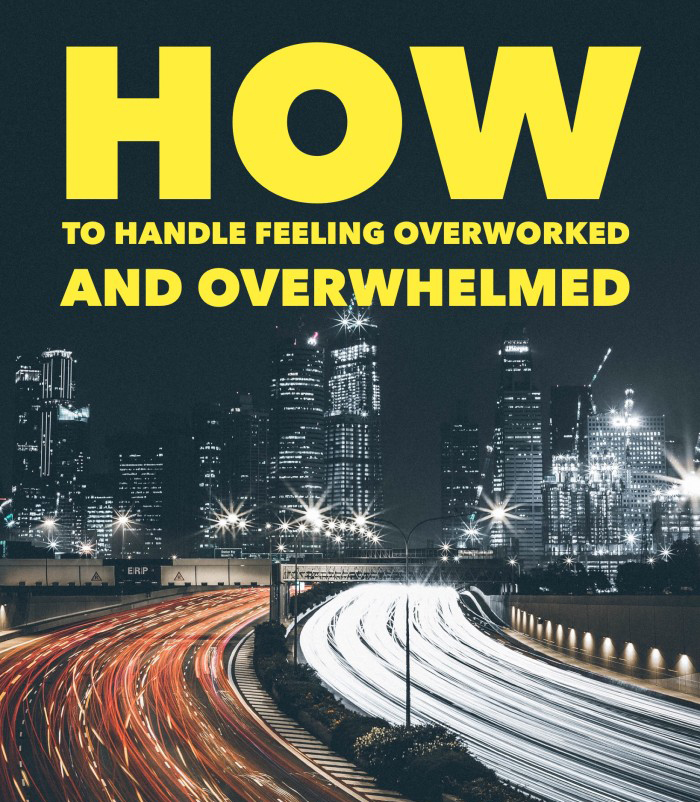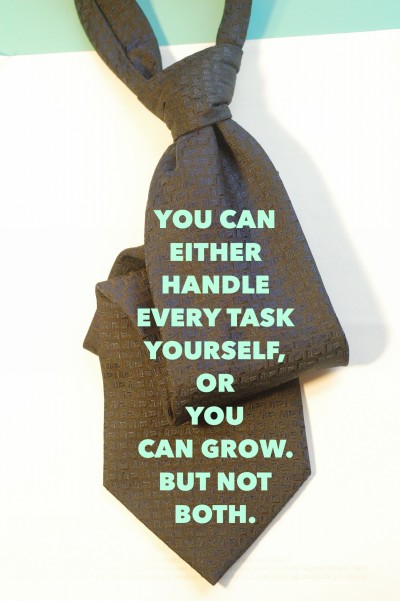
One Afford Anything reader recently asked:
“How do you stay motivated? I feel like all I ever do is work.
“I don’t know how many hours exactly, but between my job and my real estate investments, I wouldn’t be surprised if I am pushing over 60 hours a week.
“It sucks to see all of my friends out having fun while I am working away. How do you stay sane while you are managing a million things at once?”
I’ve grappled with this a lot as I’ve grown my businesses over the past four years.
I’ve worked intense 60-hour weeks (or more). When I see my friends go out on Friday or Saturday nights, while I’m fixing up houses … well, it sucks.
I’m being honest; it’s a sucky feeling.
Here’s how I handled it:
Think of yourself as a runner who is “interval training.” Alternate sprinting with walking.
In other words, alternate periods of ultra-hard-work with periods of rest.
For example: Renovating an investment property (while also running an online business, being a landlord, cooking, cleaning, and running errands) is exhausting.
During the 3-4 month period of insanity, I’m in a full sprint towards the finish line.
After I cross the finish line — when that project is over — I rest. I return to the gym, practice yoga, and hit happy hour with my friends. I catch up on old episodes of Sherlock and Downton Abbey. What a luxury.
I chill out for a few months. The adrenaline wears off. Life settles into a normal hum.
Naturally, I start getting bored. That’s when I know I’m ready for another big project.
Avoid Superhero Syndrome
“Interval training” (sprint-walk-sprint-walk) is a solid start.
But eventually, your projects grow so large that you can’t even slow to a jog.
- Instead of one or two freelance clients, you have twenty.
- Instead of one or two rental units, you have six or eight
- Instead of just caring for yourself, you’re looking after family.
It’s time to outsource.

You’ll reach a point at which you’re busting your butt, working super-hard, and you realize there are only two ways to slow down: either scale back or hire out.
I’m naturally frugal, so it’s hard for me to justify:
- Hiring assistants who can help me run my online business
- Hiring property managers who can deal with my tenants
- Hiring housecleaners so that I don’t need to work a “third shift” on the domestic front.
It’s psychologically and emotionally difficult to pay someone to perform a task that you can do yourself.
But as Pat Flynn says, it’s easy for entrepreneurs to suffer from “Superhero Syndrome.” Ambitious people are often guilty of thinking they can operate a one-person show. But this only leads to burnout and missed opportunities.
The solo superhero is an illusion. Behind every great investor or entrepreneur, you’ll find an excellent team. Nobody can create spectacular growth in isolation.
If you’re naturally frugal, you’ll discover that spending money on hiring and outsourcing is painful. Leadership demands that we accept this pain. We can’t run and hide from it.
Here are two mental constructs that have helped soothe the pain of outsourcing:
Quit by Hiring
Imagine that you’re quitting your job. (I’m using the term “job” to broadly refer to any responsibility, ranging from running errands to renovating properties.)
When people “quit a job” in the traditional sense, they walk away from their responsibilities entirely. They stop getting any compensation or having any iota of involvement.
Here’s how Rebels quit:
“Quit” your job by handing the task to someone else. Have someone else compile the spreadsheet, design the website or install the flooring.

Yes, you’re still responsible for overseeing the task, but someone else executes the details.
You still need to manage the people that you hire, so you also pay yourself. (This is fair compensation for creating and overseeing these roles.)
The ability to outsource spells the difference between being self-employed vs. being a business owner. This is one of the most crucial (and most difficult) lessons I’ve learned in the past four years.
To be clear: I don’t mean that “hiring” and “quitting” are equivalent — they’re not. You still have to manage the people you hire. The buck still stops with you.
My point is that overworked frugal people have a tough time justifying the cost of outsourcing and delegating. Frugal people — especially frugal entrepreneurs — pretend that they’re Superheroes.
But Superman is Dead. You have a choice: You can either handle everything yourself OR you can grow. Not both.
Flip Your Job
Here’s another way of looking at the situation: I’ve adopted the mentality that I’m “flipping” projects.
If I hire an assistant to handle phone calls or spreadsheets for my content marketing business, I imagine that I’m “flipping” a portion of my client workload. If I hire housecleaners, I remind myself that I’m “flipping” an hour of my time.
It’s challenging to get a project for $1,000 and hire someone for $700. You see yourself “losing” 70 percent, viewing the glass-almost-empty. You think, “I could do-it-myself and keep the full gross revenue.”
Re-writing your internal script, telling yourself that you’ve “flipped” the project, is a strong antidote to this dilemma.
Remember Your Big Why
Finally, remember the “Big Why” behind your workload.
It’s near-impossible to work hard for the sake of working hard. There’s always some ultimate purpose, such as:
- You believe in the mission and purpose of the company that you’re building.
- You’re committed to creating financial freedom.
- You want to live debt-free.
Keeping these goals in mind can sustain you through the day-to-day that’s required to achieve this dream.
When burnout begins:
- Interval train
- Outsource
- Remember your “big why.”